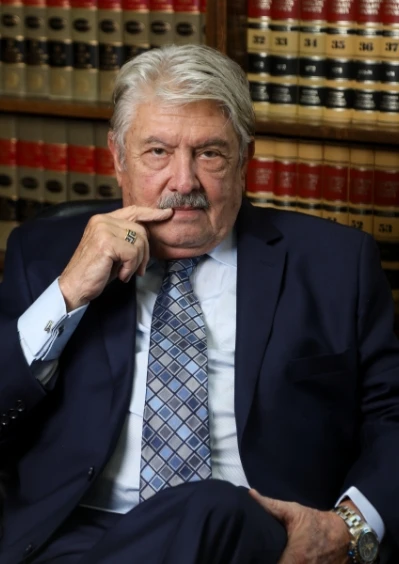What is Financial Misconduct During Divorce?

Financial misconduct may represent an important element of your divorce in California. If you suspect your spouse might have engaged in this type of misconduct, you may be right. Before you make any accusations, however, you should gain a complete understanding of this concept to determine whether it applies to your unique situation. What exactly is financial misconduct in a California divorce, and how might it affect you?
Why is Financial Misconduct Important?
Financial misconduct is important because it represents a breach of fiduciary duty on the part of the spouse. Until the marriage contract has been dissolved, each spouse is required to act in the financial best interests of the other. Financial misconduct is, therefore, unlawful under the marriage contract. Any financial misconduct that becomes evident during the divorce proceedings can lead to consequences for the “guilty” spouse and potential advantages for the “victim.”
Willful Dissipation of Assets
One example of financial misconduct during marriage is willful dissipation or waste of assets. This is when a spouse intentionally damages, loses or otherwise reduces the value of marital property. The classic example is gambling away the family fortune at a casino, but there are many other possibilities. For example, a spouse might smash the windows of their ex’s vehicle during an argument related to the breakup. They might also spend marital funds on illicit affairs during the marriage or invest in obvious scams. As long as the behavior is sufficiently reckless or intentional, it may constitute a form of financial misconduct.
Concealment of Assets
Another common example of financial misconduct during divorce is the concealment of assets. There may be a financial incentive to conceal assets that are divisible in California’s community property system, which splits all community property in an equal manner. By hiding certain assets, spouses can keep hold of property and avoid the division process altogether. There are various examples of concealing assets, including deferred bonuses, loans to friends, and offshore banking. The rise of cryptocurrencies has presented a range of new options for concealment of assets.
A forensic accountant may be required to accurately track down these assets and ensure consequences for the spouse attempting this financial misconduct. With enough time and resources, most concealed assets can be uncovered by carefully tracing transaction records, crypto wallets, and various other records. If you believe that your spouse is concealing assets in a California divorce, it may be worth discussing this subject further alongside a qualified divorce attorney.
Find an Experienced Divorce Lawyer in Riverside
If you have been searching for a experienced divorce lawyer in Riverside, look no further than the Knez Law Group. Over the years, we have helped numerous spouses in California with a wide range of divorce-related issues – including financial misconduct. We understand that these acts of misconduct have the potential to drastically alter divorce outcomes. To address these concerns quickly and efficiently, be sure to book a consultation today.

For over forty-three years, Fred Knez has been representing individuals and corporations in serious personal injury and business litigation, both as a plaintiff and defendant. Following his service in the Army during the Vietnam War as a medic and medical laboratory technician, Fred attended the University of Colorado. He then worked as an insurance adjuster for Allstate Insurance and as a private investigator before graduating from law school. Fred was admitted to practice law in California in 1980, the U.S. District Court in 1981, the Ninth Circuit U.S. Court of Appeals in 1983, and the U.S. Supreme Court in 1984. Learn more here.
